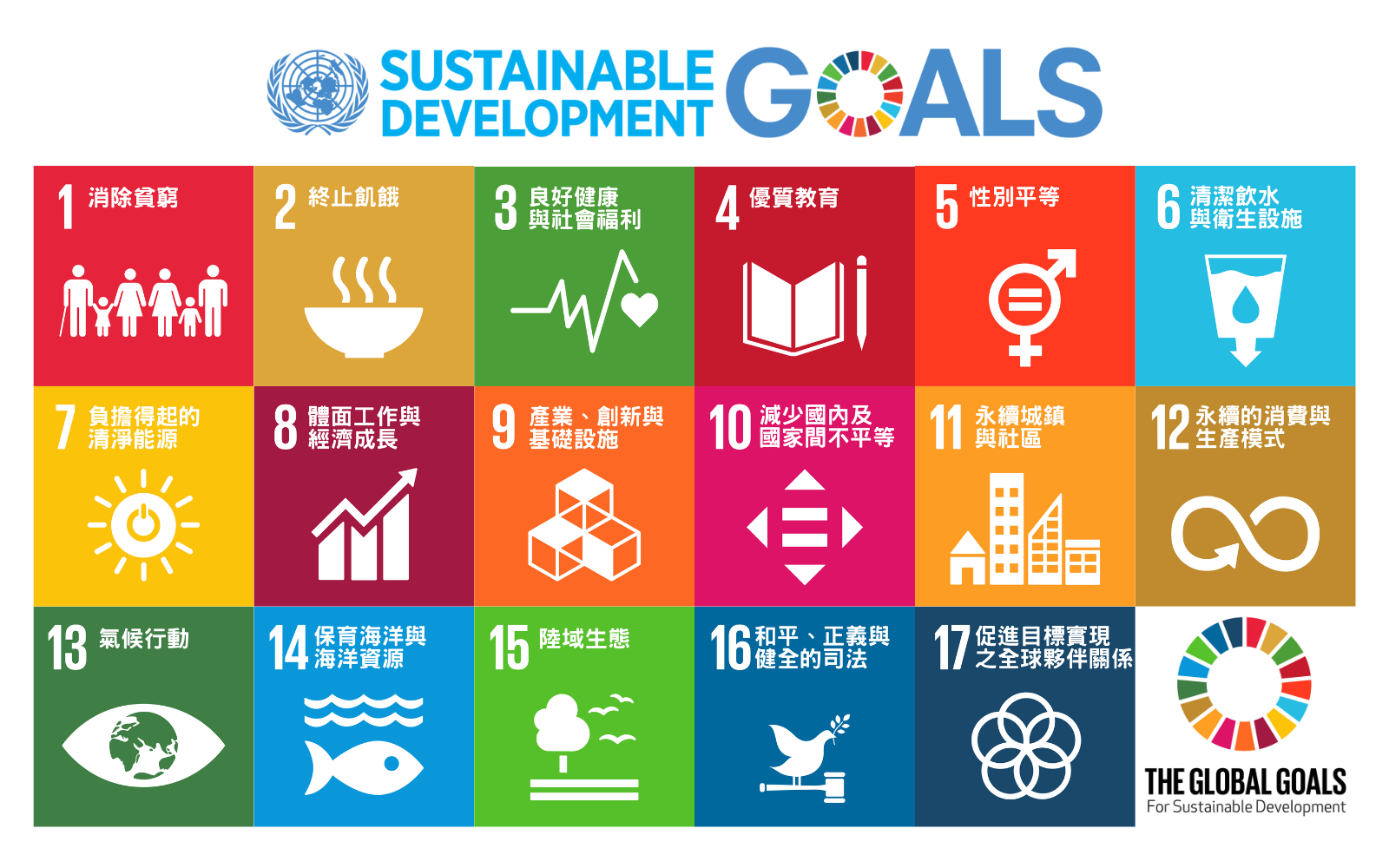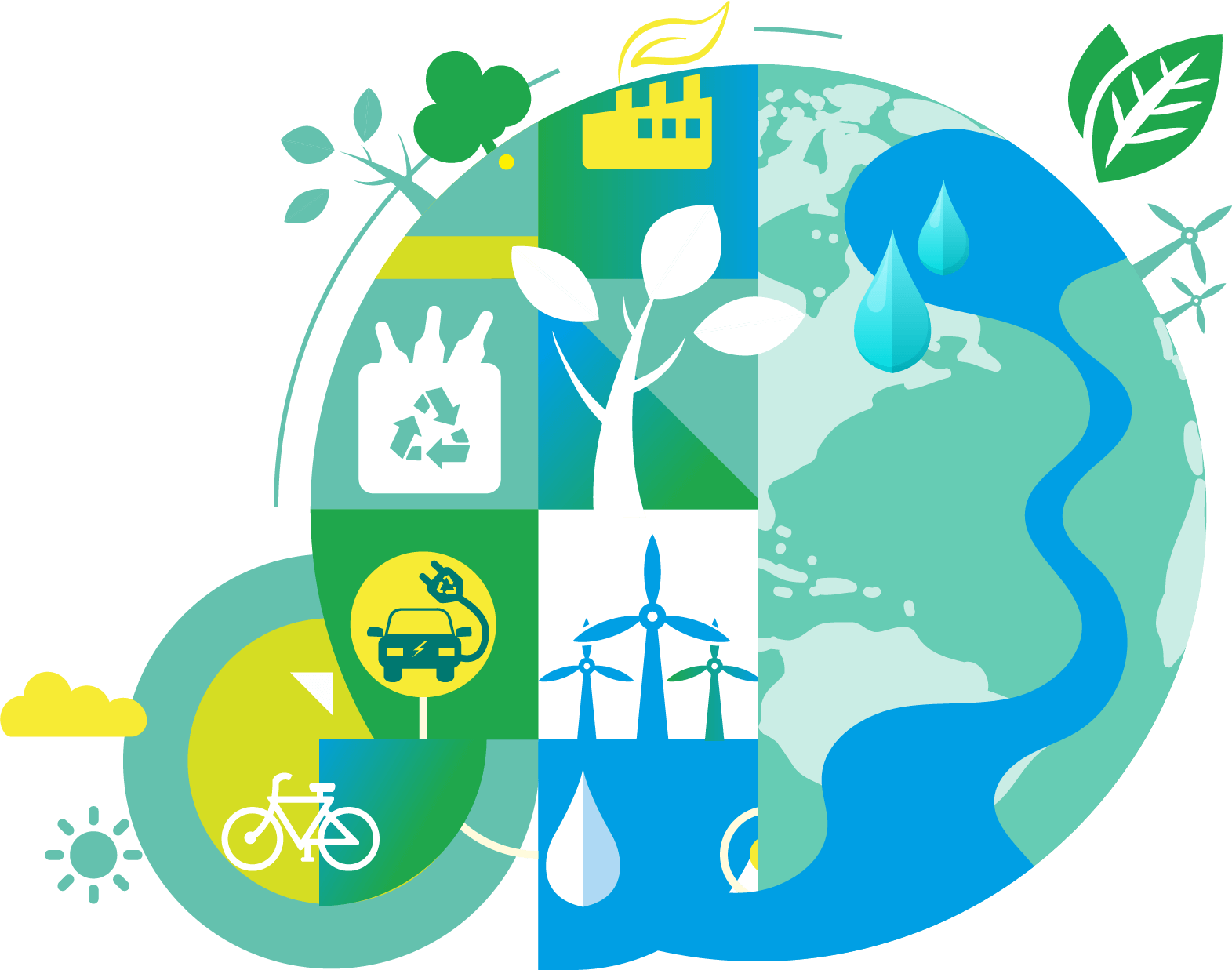In accordance with the founding mission of Chung Yuan University, “Chung Yuan University was founded on the basis of Christian love for the world, with faith, hope, and love, and is dedicated to higher education in China, aiming at the pursuit of true knowledge and action, in order to spread the culture and serve humanity. The mission of the university is to “educate the whole person”, “care for life” and “service learning”, and to emphasize the balanced professional, physical, mental and spiritual development of students. It is also in line with the United Nations Sustainable Development Goals (SDGs), the core concept of developing knowledge, attitude and skills.
The knowledge dimension of the teacher training curriculum includes
1. understanding the importance and meaning of education to oneself and the power of education. Education enables people to gain more information, to access and apply knowledge, to expand new horizons, and to refine and grow themselves. 2.
2. to understand that education is a public good, in the common interest of the world, not only as a basic human right, but also as a basis for the realization of other rights. For example, the right to education for children and women is guaranteed. 3.
3. to understand that education is an important pathway to a dignified life in the world, and to understand the current situation of education in Taiwan, locally and internationally.
4. to understand that the core literacies emphasized in Taiwan’s 12-year national basic education are to cultivate lifelong learners who are people-oriented, and to recognize culture as a key element in achieving sustainable development.
5. to understand the core concept of “Achievement for Every Child – Appropriate Talent” in 12-year national education, respect for learning differences, and the ability to choose the appropriate learning path.
6. understand the importance of the student as the main subject of learning.
The skills of students are emphasized in the following areas:
1. lifelong learning and application of knowledge for sustainable development. 2.
2. be able to practice and act on sustainable development goals at different stages of learning.
3. to explore practical, self-directed learning topics through 12-year basic national education and to work together.
4. To guide students to practice sustainable development in real-life situations through outdoor education in real-life situations.
5. To enable students to become more internationally mobile through the study of foreign political and economic cultures.
6. to develop core competencies through cross-disciplinary learning.
7. to enhance language learning through local language certification (Minnan, Hakka, and various aboriginal languages).
Finally, we hope to further develop the following attitudes toward learning:
1. to perceive the intrinsic value of education and to identify their own learning needs through analysis and application of new knowledge in the process.
2. to try to develop their own multi-disciplinary knowledge and skills through technical education
3. to understand the spirit of whole-person education, which is the core of 12-year basic national education, emphasizing “spontaneity”, “interaction”, and “mutual benefit”, the three sides and nine core qualities.
4. to introduce the core concepts of sustainable development education in the learning process, and to gain a deep understanding of sustainable development through critical thinking and socially engaged learning methods, as well as to realize a sustainable lifestyle.
5. be aware of the equality of access to diversified education
6. be aware of the importance of lifelong learning.
The Center for Teacher Education believes that education is the cornerstone of the goal of sustainable development, ensuring that education for all begins with basic education.



